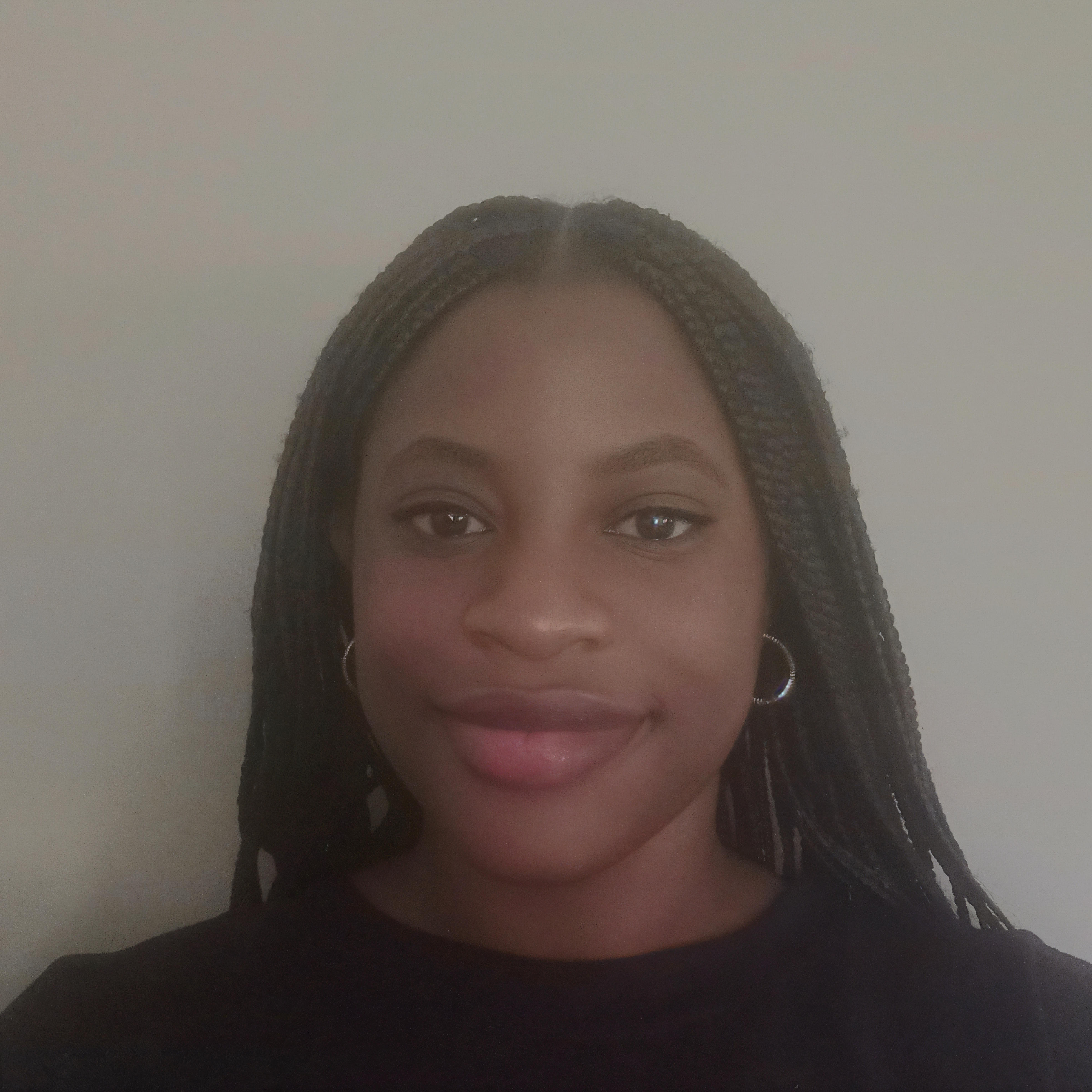
Gloria Nakafu
Throughout the Njabala Foundation’s Annual Njabala Exhibitions, or ANEs, that have taken place over the past four years, numerous young and promising female African artists have had the opportunity to display work created specifically for the exhibitions. After four successful exhibitions, the Njabala network is chock-full of incredible artists and art works, and following my deep dive into the ANE archives, I have compiled a list of three of my personal favourite pieces exhibited at ANEs over the years.
Starting from the very first ANE in 2022 titled “Njabala: This is Not How - An exhibition on Memory, Love, Womanhood and Activism,” artist Sandra Suubi’s performance and installation piece Samba Gown is immediately and incredibly striking, and is my favourite of all the pieces discussed. The performance is a portrayal of a woman on her wedding day, wearing a flowing gown made of yellow tarp and a black face covering, walking along a dusty and busy road. This performance was recorded and played as a part of the installation, placed next to the hanging wedding dress.
Suubi manages to include multiple different meanings into one piece, subverting out typical expectations of how a bride and a wedding must look. Our bride has her face completely covered, so we as the viewer insert ourselves into her position - we are the bride. However, it also calls back to the traditional idea that in a marriage the bride is invisible and unimportant. Our bride - her character, her identity, her personality - is completely hidden from us. This picture isn’t completely conventional though, as the traditional church aisle is exchanged for the dirty streets, suggesting that, unlike in a church, there is no real end to this aisle, or that she doesn’t want to get to the end of the aisle as it coincides with the end of her freedom. She also walks alone with no one giving her away, signalling that she does retain some agency over her story. Perhaps she isn’t even walking down the aisle, but rather running away from the altar. Because her face and her voice are hidden from us, Sandra Suubi ensures that we will never know.
2023’s “Njabala: Holding Space - An exhibition on rest, care, and labour” marks the second edition of the ANEs, and Mable Akeu’s series of charcoal and coloured pencil drawings easily stand out. The three drawings, titled Selfcare, Smile, and A chat with Mum, all depict a mother and a daughter, perhaps meant to represent Akeu and her own mother, participating in the local practice of ‘okumwa ekyenyi’, or shaping the hairline, a bonding activity between women. During this practice, as is shown in the drawings, the daughter sits on the floor facing her mother, who sits on a raised seat for a better view and starts to shape her daughter’s hairline.
The drawings stand out to me because of the universal elements of nostalgia and sentimentality that so strongly exude from them. Even though I had never even heard of this practice, let alone participated in it, before seeing these drawings, I can’t help the overwhelming desire to travel into the pieces; to return back to a more peaceful and restful time. The nostalgia is enforced by the medium of the drawings, as the softness of the charcoal and coloured pencil make the images feel like a distant memory. The exhibition focuses on rest, care, and labour, and Akeu’s drawings explore the boundaries between these themes through the shared experience of Black women doing each others’ hair, for whom the ideas of rest, labour, and care often intertwine and overlap. The geometric lines in the background accentuate the softness and tranquility of this shared bonding.
Next, the “Obulo Bwaffe” exhibition, named for its accompanying festival, from 2025’s ANE showcased Anna Marie Nabirye’s photography series The Funnest Room in the House: Kitchen Portals , a series of images depicting moments of stillness in the everyday mess and chaos of Nabirye’s childhood kitchen in London. The photographs are all very raw and honest, and there’s no sense of performance in them. Rather, nothing is perfect and nothing is hidden, yet everything belongs. As the viewer, we are given a deeply personal and intimate view not just into Nabirye’s kitchen, but into her childhood, her life, and her identity, and her open and honest revelation makes it difficult to critique the mess of a lived-in home.
This honesty is what creates the strong feeling of home, and a longing to return home, that the photographs embody, aligning with Nabirye’s goal to examine what the idea of home truly means for diasporic Africans. The photographs serve as a portal back to Nabirye’s ancestral homeland, connecting her, and other diasporic Africans, to their roots while including their current identities. In Kitchen portal II, for instance, Nabirye eats beans on toast, a very British food, while wearing her late grandmother Efulansi Nakawala’s gomesi, which was given to her by her mother when her grandmother passed. These representations of Nabirye’s two cultures are juxtaposed together in a way that encourages not contrast but comparison, as throughout the series they work together to form who Nabirye is.
All of the Annual Njabala Exhibitions have included incredible and diverse works of art, each with heaps of their own merit, and there are many other pieces that I loved. Honorable mentions include Miriam Watsemba’s When the abuser is also the lover; Pamela Enyonu’s Ikwamin (The Winds) I and II; Birungi Kawooya’s Past - Birungi, you are (not) hysterical, Present - You need to work twice as hard to recover from…, and Future - fly Birungi, Fly!; and Diana Bwengye’s Flight. As the 4th anniversary of the Njabala Foundation fast approaches and preparations are made for the 5th edition of ANE in 2026, we can expect the pieces that the exhibition offers to exceed the already lofty standards set by prior ANEs, and hopefully I’ll find some new favourite pieces!

